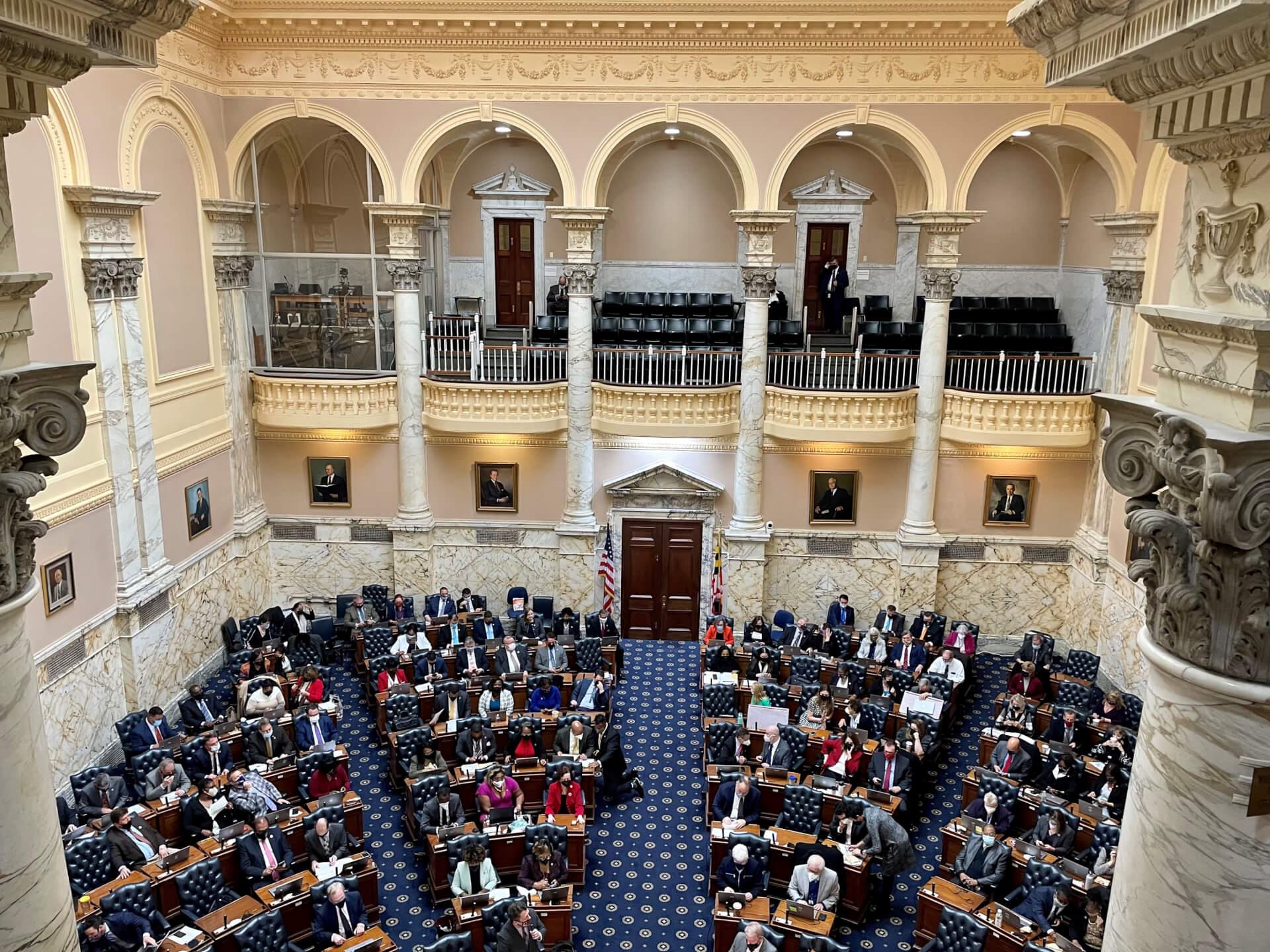Opinion: A Fiscally Irresponsible Fiscal Note

Unlike in Delaware and a host of other states, in Maryland taxpayers are not allowed to “decouple” their state tax returns from their federal returns.
Legislation to enable this decoupling of tax returns have failed to get out of either the Senate Budget and Taxation or House Ways and Means committees over the last several years since the passage of the federal tax plan in December 2017. This federal legislation, you may recall, eliminated or capped several middle-class tax deductions while increasing the federal standard deduction.
The primary reason the bills failed in committee was the fiscal note, which erroneously assigned an exorbitant cost to the passage of these bills and the tax fairness they would have provided to Maryland taxpayers.
Specifically, the bills would have allowed an individual to itemize deductions to compute Maryland taxable income whether or not that individual itemizes deductions on that individual’s federal income tax return and avail themselves of the newly increased federal standard deduction.
The problem with the fiscal note and what makes it so irresponsible is that it was based on the false assumption that 680,000 Maryland taxpayers who had gone from itemizing to taking the standard deduction because of the newly increased federal standard deduction would, with decoupling, now return to itemizing on their state returns.
This, of course, makes no sense since the eliminated deductions, such as SALT – state and local taxes – have not been added back, not in any of the proposed legislation to address this single issue. If you don’t have deductions, you do not itemize, period.
While the state will continue to keep the windfall that elimination of deductions provided as additional revenue off the backs of Maryland taxpayers due to the 2017 federal tax plan, this will not change with the passage of any of the decoupling bills since none of them propose to add back the eliminated deductions.
Now, of course, there are some Maryland taxpayers who, despite the increased federal standard deduction, had to forego it and continued to itemize on both their federal and state returns because they still did better by continuing to itemize with the remaining reductions they had even though their federal itemized deductions were less than the federal standard deduction.
In other words, they itemized before decoupling and will continue to itemize with decoupling. But now, with decoupling, they will also be able to take the federal standard with no impact on state revenue. These bills would have been for these taxpayers.
The real problem is that the Department of Legislative Services, which prepares the fiscal notes, does not have the capacity to identify exactly who in the roughly 680,000 would actually go back and who would not without looking at each individual tax return.
For that reason, they lumped them all in a macro grouping. I take that right from the words of Robert Rehrmann, the author of the fiscal note, and I quote: “Initial analysis of tax year 2017 and 2018 data show that taxpayers claiming State itemized deductions decreased by 670,900, a reduction of a slightly less than one-half, with a similar increase in taxpayers claiming the State standard deduction (687,600).”
To put it mildly, they lumped it … and to the detriment of many Maryland taxpayers.
At a time when a pandemic so severely hurt our economy, and the American Rescue package was designed to put money back into the pockets of Americans, including Marylanders, the failure of the Maryland legislature to pass HB1111 — sponsored by Del. William Wivell to allow decoupling of state and federal tax returns — is extremely disheartening.
For the legislation to fail to pass as a direct result of an irresponsible fiscal note makes it even more upsetting. It was clearly a missed opportunity to benefit Marylanders.
–PAUL K. SCHWARTZ
The writer is NARFE State Legislative Chair for Maryland and a political activist.





 Creative Commons Attribution
Creative Commons Attribution